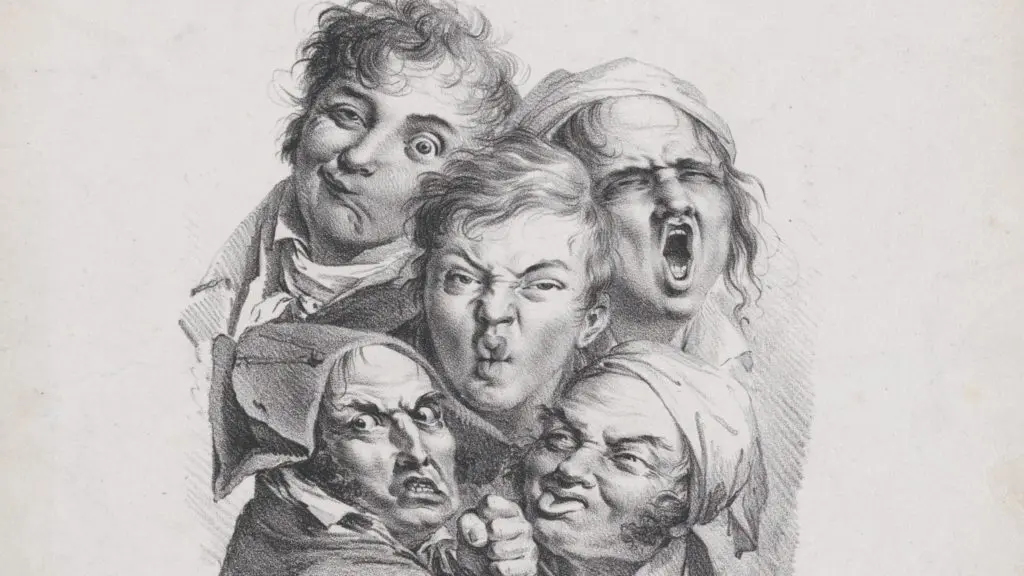
One way to limit how much insanity one absorbs is to simply limit our exposure. But this is merely a stopgap. One needs interior fortification to navigate the maze of madness, and this fortification can and should range from the silly to the sublime.
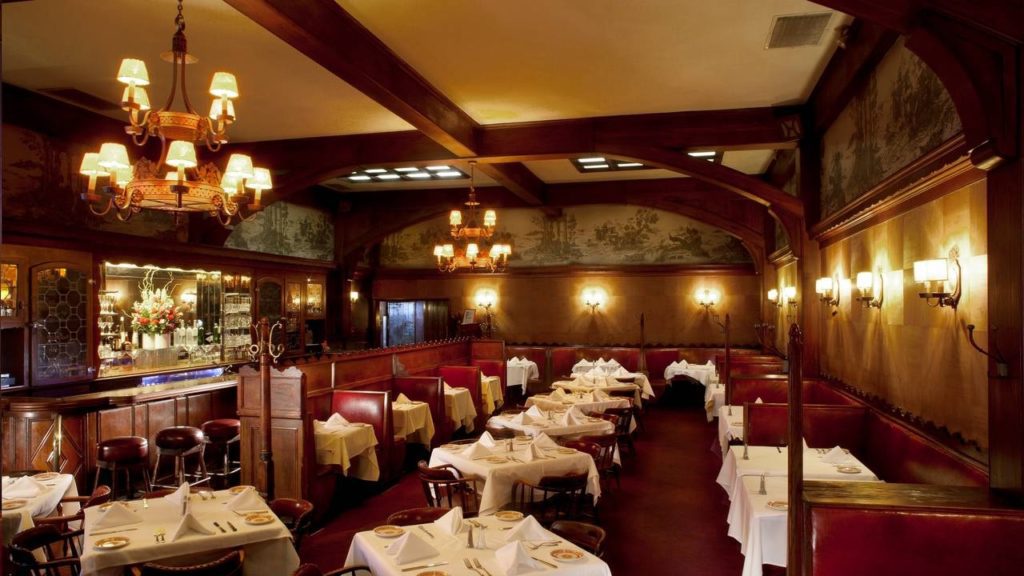
Many European Conservative writers and thinkers have declared that Europe must regain her Catholic and Christian soul; ultimately, if our country is to survive she must acquire a soul from that same source.
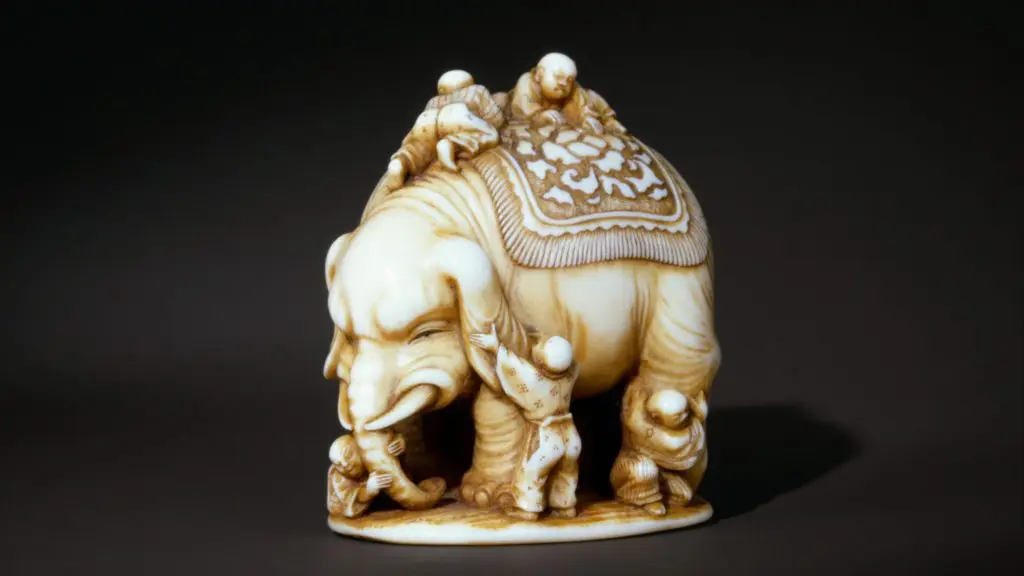
In trying to make sense of the current madness, it is easy for anyone to be like the blind men with the elephant.
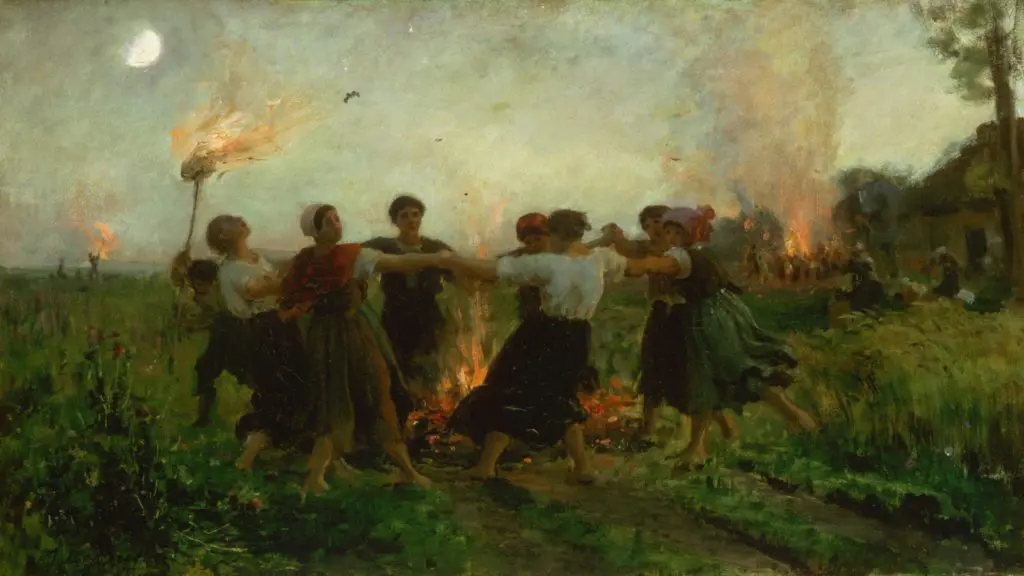
June, then, is a time of taking stock of the wonderful inheritance that those who stand for the Good, the True, and the Beautiful have been given.
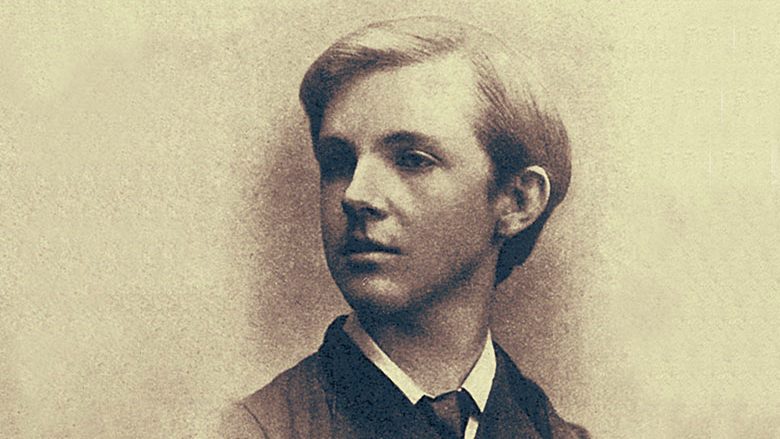
What Lionel Johnson awaited was a biographer who shared both his deep Faith and his soaring erudition in order to convey his work both in its true significance to its author, and on its own terms. With Robert Asch, Johnson has at last found him.
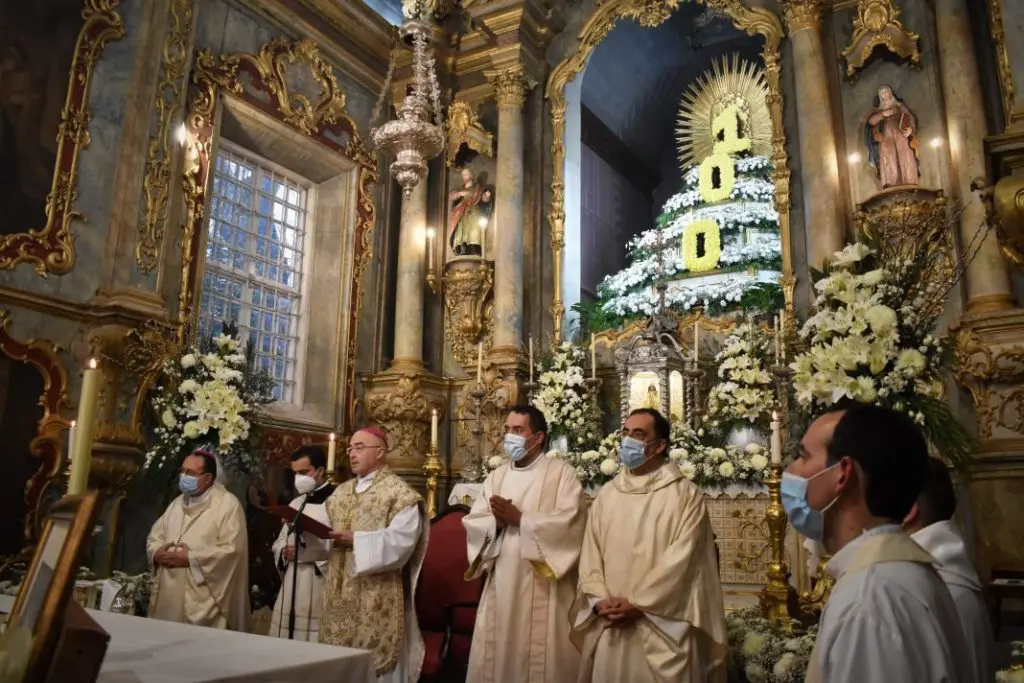
While Charles’ Centennial did not feature ritual obeisances by the successors of those who so cruelly wronged him and all whom he loved, one may hope for something different from the quasqui- or sesquicentennials. It may be that young people living today, by taking to heart the lessons he taught by his life and sacrifice, shall live in a world where this injustice is at last put to rest.
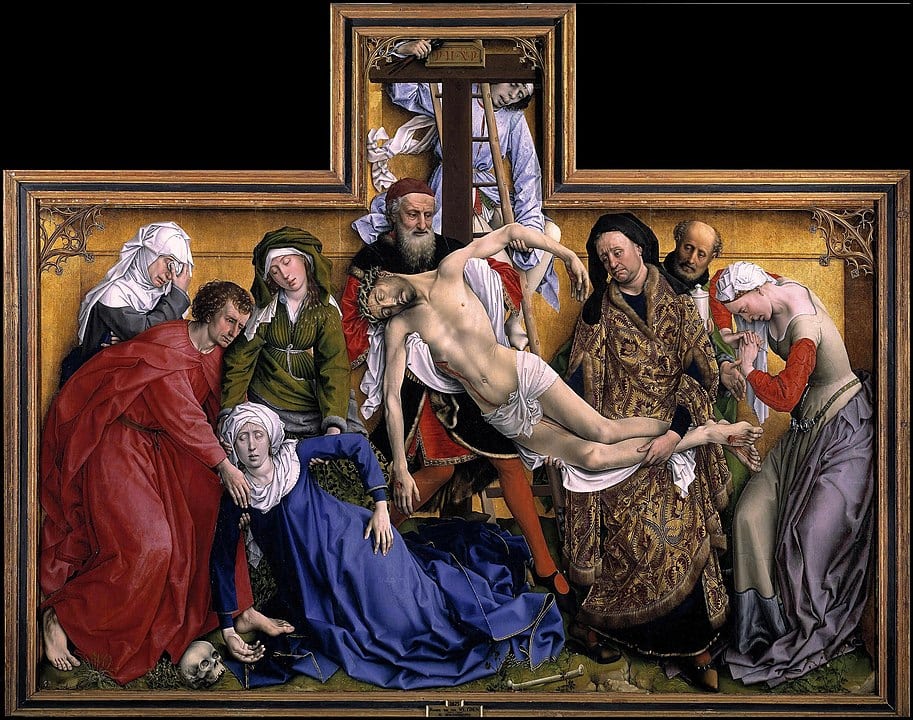
When discouraged by events in the here and now, we should remember that “not we but those who come after will make the legends of our time.”
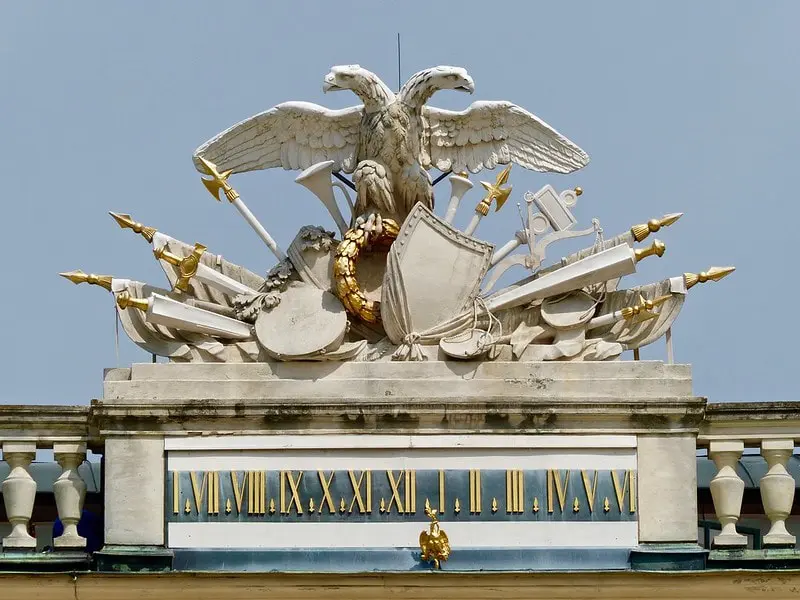
The same experience with Soviet hegemony that has rendered Central European states immune, at some level, to the kind of decadence Western leadership favors, also led them to suspect Russia’s intentions.
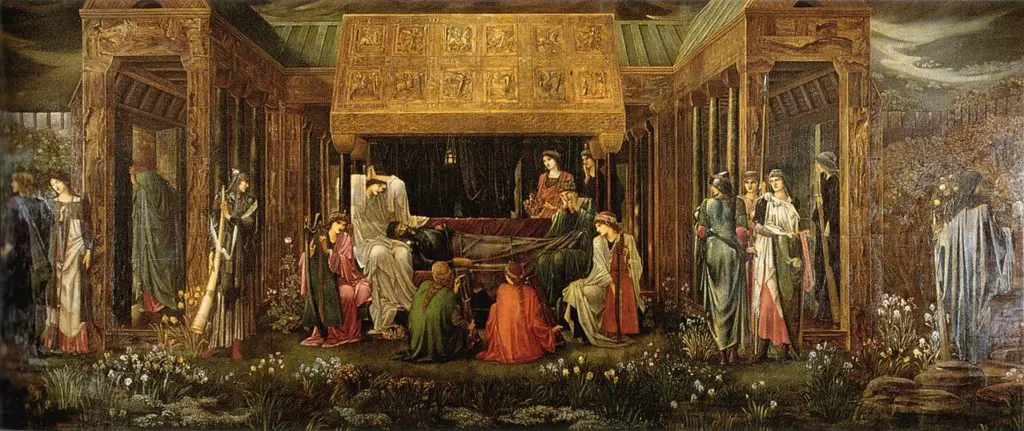
The Arthurian legend, despite attempts to use it for other purposes, is a parable of a militant Catholicism that saved Western civilisation.
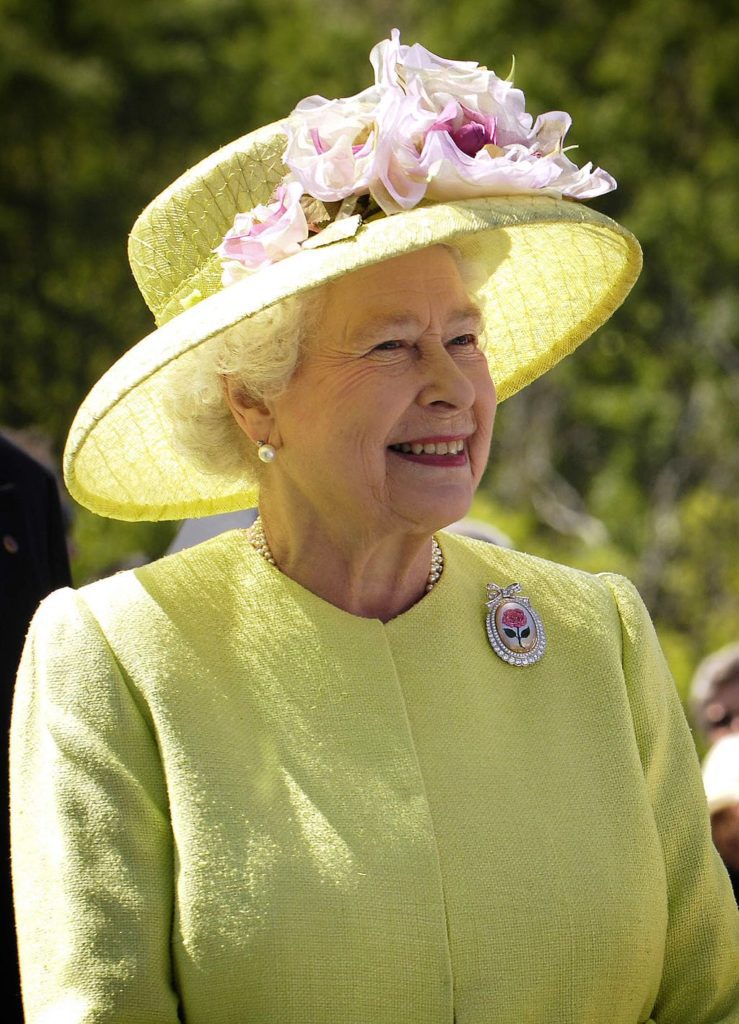
Where the rest of the world’s leaders seem intent on impressing us with themselves, she appears to respond in the opposite manner—with quiet duty.
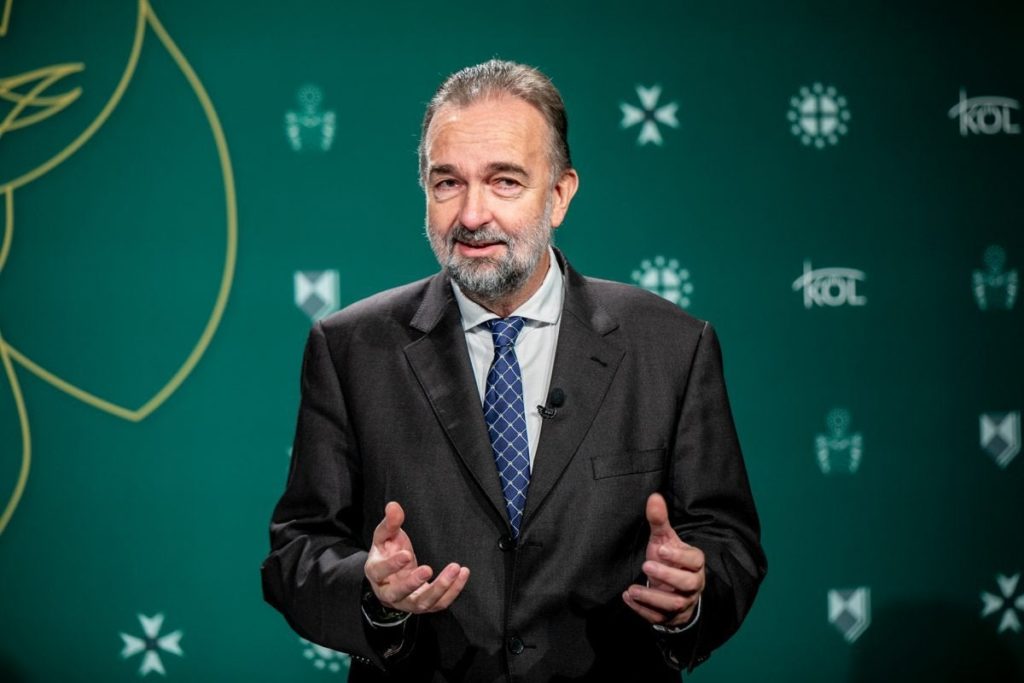
What strikes one is Karl von Habsburg’s willingness to say things which—while entirely true—would not be said by any current politician. Moreover, it hints at a vision entirely in keeping with that of his Habsburg predecessors, yet once again altered to fit the vastly changed circumstances in which we now find ourselves.
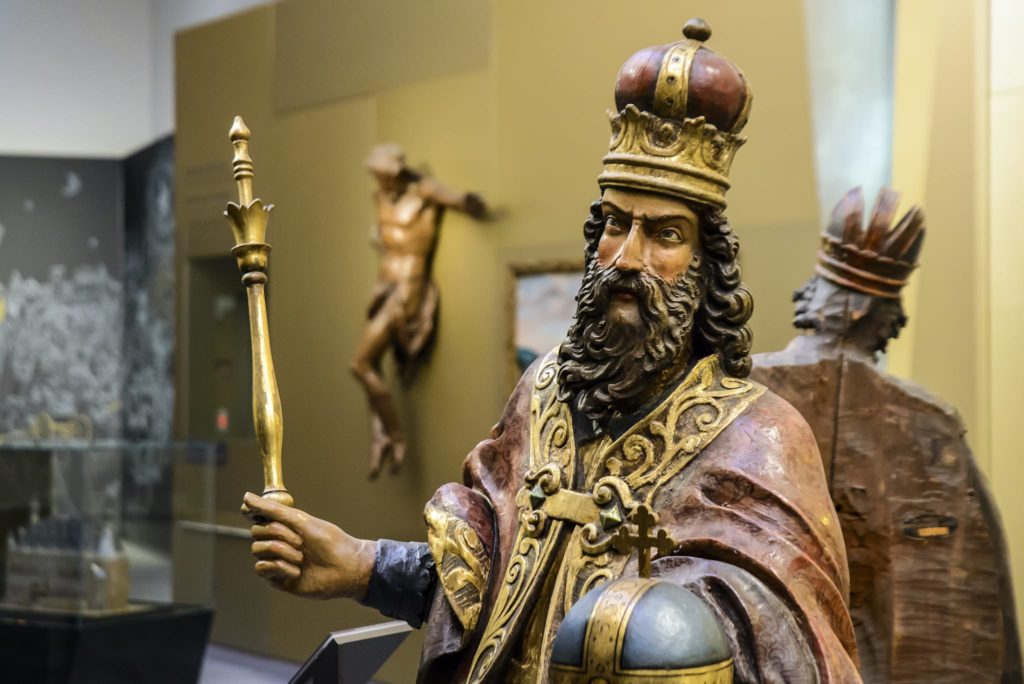
Three important dates see out the month, each reminding us of heroism, martyrdom, and virtue: the anniversary of the murder of France’s Louis XVI in 1793 on January 21; the feast of Blessed Charlemagne, first Holy Roman Emperor and King of France, on January 28; and the feast of Charles Stuart, King and Martyr on January 30.